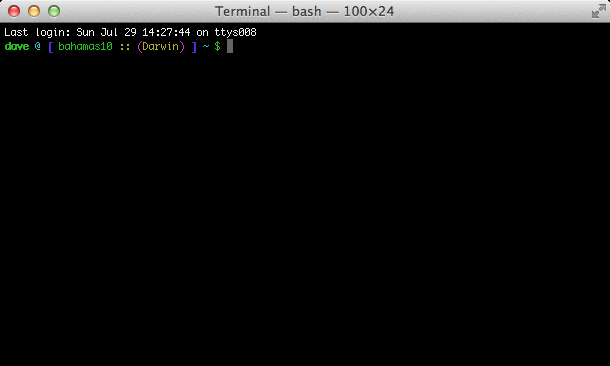
A couple of weeks ago I bought an Acer Aspire One! It never even made it to
the “Welcome to Windows” screen; it was boot up with an Ubuntu USB key. I
tried desperately to get used to gnome 3, and unity, and I just couldn’t do it.
Besides painfully slow, I’m just not a fan of fullscreen apps, dynamic desktop
space allocation, lack of customizability, etc.
After a couple days of that I decided to try out Xubuntu. I wanted to get a
Linux experience I was used to, but have a window manager that I actually like
using. Xfce has turned out to be amazing! it’s extremely light weight, and it
has the full customizability that I loved from Gnome-2.
I upgraded the ram from 1G to 2G, and upgraded the internal 250GB hard drive to
a 60GB SSD. After doing some tuning in the system to disable atime, use a
different queue scheduler for the disk, and offload the chrome cache directory
into a tmpfs, this thing flies. It’s still a little difficult getting used to
the small size of it.. but i love it.



